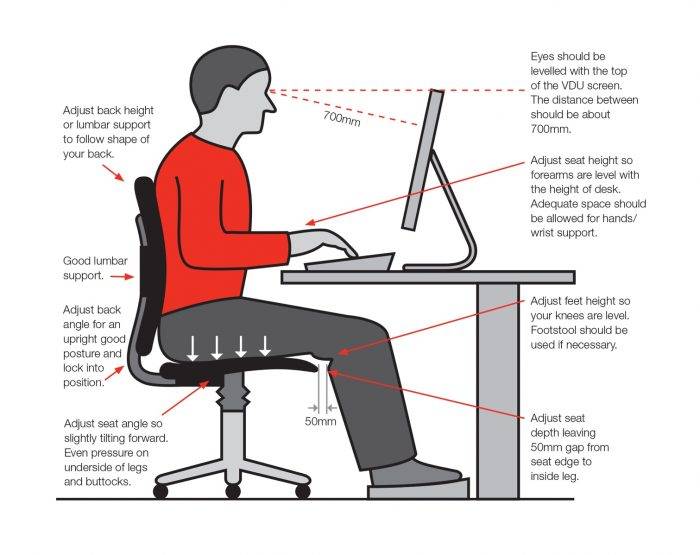February 1, 2019
Millennial headlines, eternal workplace truths, the pathologisation of sitting and some other stuff
 The New York Times asked an interesting question this week. “Why Are Young People Pretending to Love Work?” it demanded, begging the immediate response ‘for the same reason everybody else does’. If only that pat, facetious response were enough to satisfy the actual questions concealed by the typically misleading headline. What the article actually wants to know is why some members of one particular tribe of young people have a toxic relationship with work. And that tribe (of course) is made up of the diverse, attractive, urbanite, coffee-fixated, stock image Millennials working for the world’s tech giants. Interesting in so far as it goes, but this tribe is not homogeneous to begin with and does not represent the world’s ‘young people’. It’s beyond time we stopped working on the basis that it does. Change the headlines.
The New York Times asked an interesting question this week. “Why Are Young People Pretending to Love Work?” it demanded, begging the immediate response ‘for the same reason everybody else does’. If only that pat, facetious response were enough to satisfy the actual questions concealed by the typically misleading headline. What the article actually wants to know is why some members of one particular tribe of young people have a toxic relationship with work. And that tribe (of course) is made up of the diverse, attractive, urbanite, coffee-fixated, stock image Millennials working for the world’s tech giants. Interesting in so far as it goes, but this tribe is not homogeneous to begin with and does not represent the world’s ‘young people’. It’s beyond time we stopped working on the basis that it does. Change the headlines.









 This year is set to be a ‘buyers’ market’ for the UK’s top professionals, as the nation’s war for talent intensifies. This is according to new research from Robert Half UK, which found that nearly a third (32 percent) of those surveyed believe their skillset will be more desirable over the coming months – even against the current economic and political climate – as the supply/demand imbalance of the UK’s top talent heightens. The current skills in demand include data analysis and digital skills, as well as softer skills such as adaptability, resilience and critical thinking to help complement the evolution of the workplace.
This year is set to be a ‘buyers’ market’ for the UK’s top professionals, as the nation’s war for talent intensifies. This is according to new research from Robert Half UK, which found that nearly a third (32 percent) of those surveyed believe their skillset will be more desirable over the coming months – even against the current economic and political climate – as the supply/demand imbalance of the UK’s top talent heightens. The current skills in demand include data analysis and digital skills, as well as softer skills such as adaptability, resilience and critical thinking to help complement the evolution of the workplace. 























January 30, 2019
Talkin’ about my generation: Harnessing the power of the multigenerational workplace
by John Hackston • Comment, Workplace